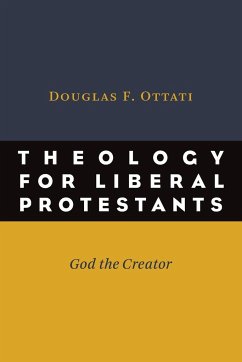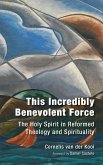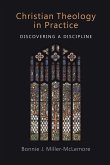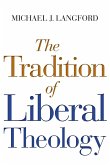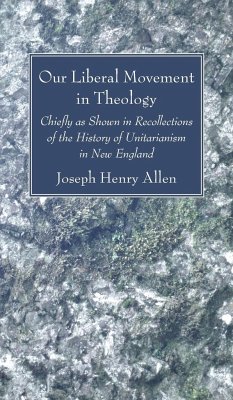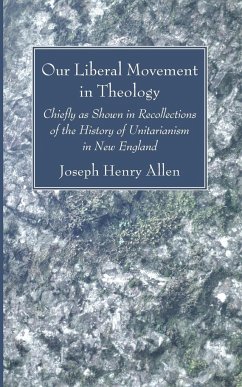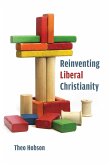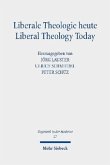A two-volume work by Douglas Ottati, Theology for Liberal Protestants presents a comprehensive theology for Christians who are willing to rethink and revise traditional doctrines in face of contemporary challenges. It is Augustinian, claiming that we belong to the God of grace who creates, judges, and renews. It is Protestant, affirming the priority of the Bible and the fallibility of church teaching. It is liberal, recognizing the importance of critical arguments and scientific inquiries, a deeply historical consciousness, and a commitment to social criticism and engagement. This first volume contains sections on method and creation. Ottati's method envisions the world and ourselves in relation to God as Creator, Judge, and Redeemer. The bulk of the book offers an in-depth discussion of God as Creator, the world as creation, and humans as good, capable, and limited creatures.

